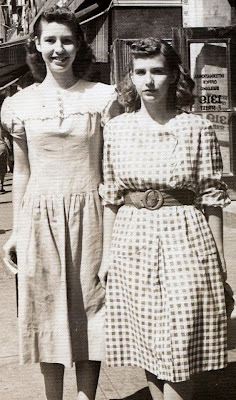The meetinghouse was no place for art.
Plain walls and clear glass
were better to focus the mind
on the spirit born in simplicity,
brought forth from the Inner Light,
and spoken in the still, small voice
that need not announce itself
with ornamentation.
So, too, with daily life.
When he became a man
he was told: pursue a trade,
go into business, take up farming.
Do good, practical work.
The Meeting taught him
that God’s beauty was in all things.
He saw it everywhere—
in blades of grass bent before the wind,
in the colors of the sky throughout the day,
in ripples on the surface of a pond.
All the world was art to him.
So he became a glass cutter,
beveling simplicity's stark edge,
etching grace as lines and patterns
into vases, bowls, and glasses,
each refracting spirit and light.

